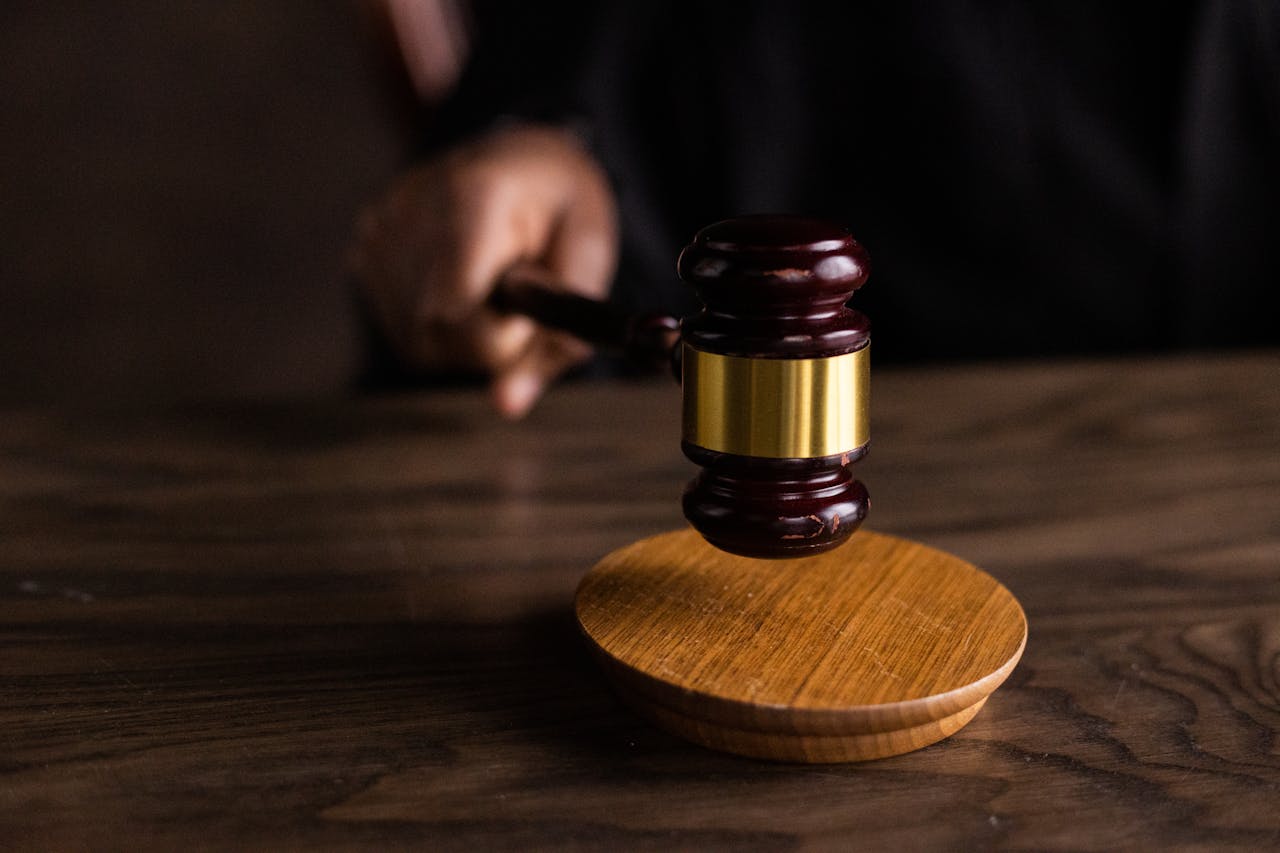How to seek anticipatory bail
The necessity to grant Anticipatory Bail arises mainly because sometimes influential persons try to implicate their rivals in false case for the purpose of disgracing them or for other purpose by getting them detained in jail for some days to get their work done indirectly.
In recent times since the rise of property prices and many civil case coming up by the plaintiff to seek their rights and if the opposite party feels that the plaintiff has good case to win, the opposite party plans and in fact start to file the false and frivolous criminal cases against the plaintiff to put a pressure and this is where the anticipatory bail becomes a much needed thing
(i have been dealing with some cases personally wherein the opposite parties by making the false and forged documents are filing the false criminal cases and trying to harass the plaintiff either to withdraw the present case or settle on their terms)
but indeed the legislature in its wisdom have felt the atmosphere going around as many a cases were coming before the courts with the same pattern therefore the present provision of anticipatory bail is brought in the cr.p.c which was not there originally.
Apart from false cases, where there are reasonable grounds for holding a person accused of an offence is not likely to abscond or otherwise misuse his liberty while in bail, there seems no justification to require him first to submit to the custody, remain in prison for some days and then apply for bail.
Anticipatory bail means grant of bail to a free person in anticipation of his possible arrest for some offence and in the absence of any order of arrest against him. Grant of bail presupposes that the person is in custody of police or court, and if not in custody, is required to surrender to such custody. Hon’ble supreme court in catena of cases has laid down the following guidelines / propositions regarding anticipatory bail:–
-
The distinction between an ordinary bail and anticipatory bail is that the former being after the arrest means release from custody of police, the latter being in anticipation of arrest is effective at the very moment of arrest.
-
The high court and the sessions court have been given wide powers- discretionary- left free in the use of their judicial discretion to grant bail on the facts and circumstances of each case.
-
The court must apply its own mind and decide the question without leaving it to be decided by the magistrate under section 437 and when occasion arises.Not blanket order
-
The applicant must show by disclosing specific facts and events that he has reasons to believe, the existence of which is sine qua non of the exercise of power by the court and non vague apprehension that he may be arrested for a non-bailable offence so that court may take care to specify the offence or offences in respect of which alone the order will be effective and not a blanket order.
Read Also : How to seek bail in false 498A/406 IPC
-
Though the power conferred under section 438 of the code can be described as of an extraordinary character, but this does not justify the conclusion that the power must be exercised in exceptional circumstances only because it is of an extraordinary character. Nonetheless, the discretion under the section has to be exercised with due care and circumspection depending on circumstances justifying its exercise.
-
The filing of the fir is not a condition precedent to the exercise of power under section 438. The imminence of a likely arrest founded on a reasonable belief can be shown to exist even if an fir is not yet filed.
-
An anticipatory bail can be granted even after an fir is filed so long as the applicant has not been arrested.
-
An interim bail order can be passed under section 438 of the code of the code without notice to the public prosecutor but notice should be issued to the public prosecutor or to the government advocate forthwith and the question of bail should be re-examined in the light of respective contentions of the parties. The ad-interim order too must conform to the requirements of the section and suitable conditions should be imposed on the applicant even at that stage.
-
Both the high court as well as the session’s court have the competence and jurisdiction to entertain the anticipatory bail application. It is for the applicant or the petitioner to choose either of these; onkar nath agrawal v.state, 1976 cr lj 1142.
-
Two basic principles to be kept in mind while considering the question of grant of anticipatory bail are:That there should be no likelihood of the accused absconding
:The length of his residence in community.his employment, status, history and financial condition.his family ties and relationships.his reputation, character and monetary condition his prior criminal record including any record of prior release on re-cognizance or on bail.the identity of the responsible members of the community who would vouch for his reliability the nature of the offence charge, and the apparent probability of conviction and the likely sentence in so far as these facts are relevant to the risk of non-appearance.
Any other factor indicating the ties of the accused to the community or bearing the risk of willful failure to appear there should be no likelihood of the accused misusing his liberty. -
Some illustrative case laws are: kusum rani bansal v. State of punjab, 1978 cur lj (cr) 235 (236) (p&h); the investigation was on and over eight months had passed but nothing incriminating had been discovered. The conditional pre-arrest bail to the petitioners was granted. The condition was that they will/would be available for investigation as and when required.
-
Chand mohd v. State, cr lr 507 (508) (raj). It was observed that it would not be unreasonable to enlarge the accused on bail where it appeared that the condition of the injured had been improved and injuries caused by a sharp object was not sufficient to cause death.
-
Dilbag singh deleka v. State, 1997 cur lj 237 (247), it has been held that vague allegations in the fir and the same remained unsubstantiated up to the date of hearing of the petition, is a fit case for the grant of anticipatory bail.
- K.s.mathur v. State of rajasthan, 1981 cr cas 281 the main consideration where anticipatory bail should not be refused are: the nature of the accusation and the evidence besides the status of the accused.
Since the grounds above mentioned are not exhaustive, merely illustrative and every bail application has to be decided on its own facts and circumstances.
GET FREE LEGAL ADVICE!
851A,Patiala House Court , Near Delhi High Court, New Delhi-110001, India




